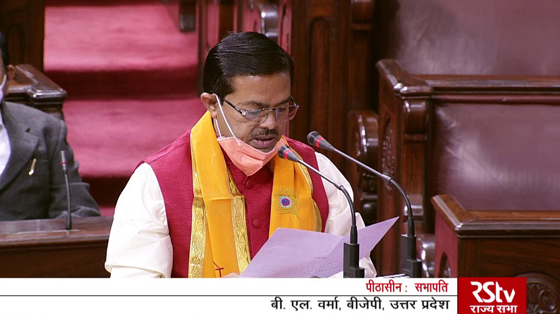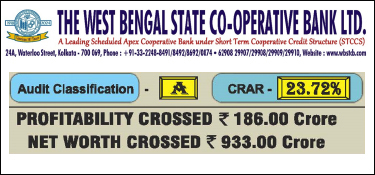In a written reply in the Rajya Sabha, the Minister of State for Cooperation, B.L.Verma stipulated the mandate of the newly formed Cooperation Ministry. Titled “Mandate of The Ministry”, the Minister listed the role and functions of the Ministry.
The Minister in his reply said that realising the vision “from cooperation to prosperity” is the main mandate of the new ministry. The second most important mandate is strengthening of the cooperative movement in the country and deepening its reach up to the grassroots.
Promotion of the cooperative-based economic development model, including the spirit of responsibility among its members to develop the country and Creation of appropriate policy, legal and institutional framework to help cooperatives realize their potential, are other areas of focus for the new Ministry.
The Ministry will also deal with matters relating to the National Co-operative Organisation. It bears recall that NCUI is the apex national body of co-operative, which is presently headed by Dileep Sanghani, a BJP man. Sources add that the new ministry aims to take NCUI onboard for implementing several govt schemes through the vast co-op network in the country.
The mandate also lists National Co-operative Development Corporation (NCDC), which is at the vanguard of strengthening co-operatives movement through financial support. We recently published in these columns how NCDC has registered a massive jump in its loan disbursement after the Modi govt came into being.
Another important mandate listed by the Minister was — Incorporation, regulation and winding up of Co-operative societies with objects not confined to one State including administration of ‘the Multi-State Co-operative Societies Act, 2002 (39 of 2002)’: Provided that the administrative Ministry or Department shall be ‘the Central Government’ for the purpose of exercising powers under the Multi-State Co-operative Societies Act, 2002 (39 of 2002), for Co-operative units functioning under its control.
Training of personnel of co-operative departments and co-operative institutions (including education of members, office bearers, and non-officials), is also an important aspect of the new ministry.
In the Rajya Sabha, the Minister said “With the “Cooperation” related entries in the business of erstwhile Department of Agriculture, Cooperation and Farmers Welfare now assigned to the Ministry of Cooperation, so there shall be no overlap between the functions of the Ministry of Cooperation and the Department of Agriculture and Farmers Welfare (earlier Department of Agriculture, Cooperation and Farmers Welfare) under the Ministry of Agriculture and Farmers Welfare.”


















































